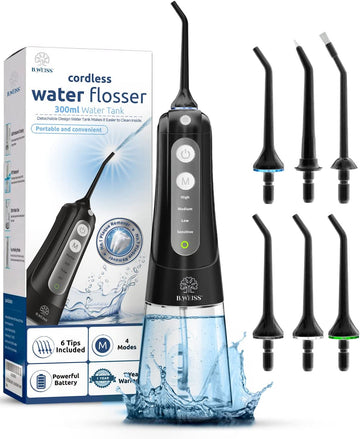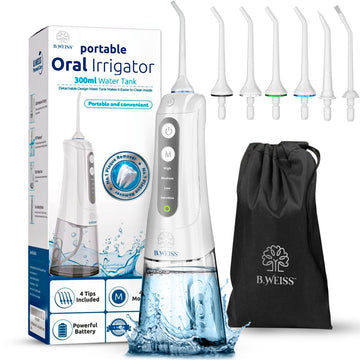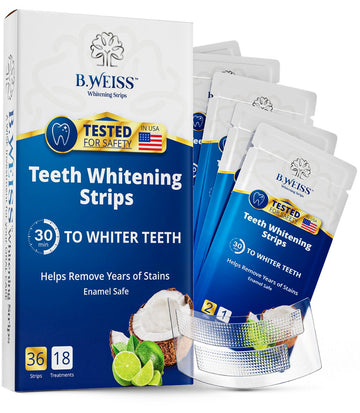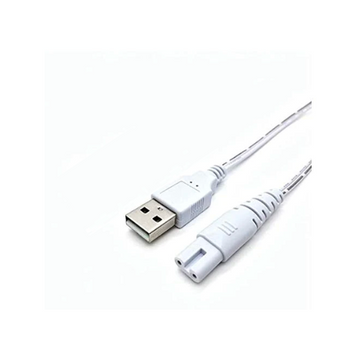The Impact of Delayed Cleaning on Retainers: A Comprehensive Guide
Retainers are essential for maintaining a straight smile after orthodontic treatment. However, neglecting their cleanliness can lead to a range of issues. Let's delve into the consequences of delaying retainer cleaning and how long you can go before it becomes problematic.
1. The Ideal Cleaning Frequency:
a. Daily Cleaning Recommendation:
-
Orthodontic Advice: Orthodontists typically recommend cleaning retainers daily to prevent bacterial buildup.
-
Importance: Daily cleaning ensures that harmful bacteria and plaque are consistently removed, maintaining optimal oral health.
2. Extended Periods Without Cleaning:
a. 24-48 Hours Tolerance:
-
Expert Opinion: According to dental professionals, going 24 to 48 hours without cleaning your retainer is generally considered acceptable.
-
Caution: Beyond this timeframe, the risk of bacterial proliferation and plaque accumulation increases.
3. Consequences of Prolonged Neglect:
a. Bacterial Growth:
-
Issue: Extended periods without cleaning create a breeding ground for bacteria on the retainer surface.
-
Outcome: Increased bacterial growth can lead to bad breath, oral infections, and potential damage to the retainer material.
b. Plaque Formation:
-
Concern: Plaque buildup on the retainer is common when cleaning is neglected.
-
Impact: Plaque accumulation not only affects oral hygiene but can also compromise the effectiveness of the retainer.
4. Oral Health Implications:
a. Gingivitis Risk:
-
Association: Poor retainer hygiene is linked to an elevated risk of developing gingivitis.
-
Explanation: Gingivitis, characterized by inflamed gums, can result from the transfer of bacteria from the retainer to the gums.
b. Tooth Decay Concern:
-
Relation: Plaque accumulation on the retainer may contribute to tooth decay.
-
Advice: Neglecting cleaning may inadvertently expose your teeth to decay-causing agents.
5. Unpleasant Odor and Taste:
a. Hygiene Indicator:
-
Symptom: A foul odor or unpleasant taste from the retainer is a sign of bacterial overgrowth.
-
Reminder: Regular cleaning prevents these unpleasant side effects.
6. Tips for Prolonged Periods Without Cleaning:
a. Rinse with Water:
- Advice: If unable to clean immediately, rinse the retainer with water to remove surface debris.
b. Prioritize Cleaning Products:
- Guidance: When unable to clean daily, prioritize cleaning the retainer with recommended products at the earliest opportunity.
7. Recommended Cleaning Routine:
a. Nightly Cleaning Ritual:
-
Suggestion: Develop a nightly routine for cleaning your retainer before bedtime.
-
Rationale: Cleaning at night prevents the retainer from accumulating bacteria during sleep.
8. Final Verdict: The Sooner, the Better
In conclusion, while a brief delay in retainer cleaning might be tolerated, it's crucial to prioritize regular cleaning. Aim for a daily cleaning routine to mitigate the risks associated with bacterial growth, plaque formation, and oral health issues. Remember, the sooner you clean your retainer, the better you safeguard your oral health and the longevity of your orthodontic investment.
Ever wondered how to keep your retainer sparkling clean and germ and bacteria-free?
This is why it is very important to use a good brand like B. Weiss unique formula for their retainer cleaner - the original purple tablet. This isn't just any cleaner; it's a purple crystal marvel that doesn't just banish stains, it actively fights yellowing. No more chemical scent, we simply made it grape-scented! It's a game-changer. Why settle for less when orthodontic care can be this good? Discover the secret to a brighter and healthier smile. What makes this tablet so unique? Read on to find out.
Disclaimer:
The content in this article is for informational purposes only and is not a substitute for professional medical advice. Always consult with a healthcare provider before making any changes to your health regimen. The author and publisher do not take responsibility for any consequences resulting from the information provided in this article.





